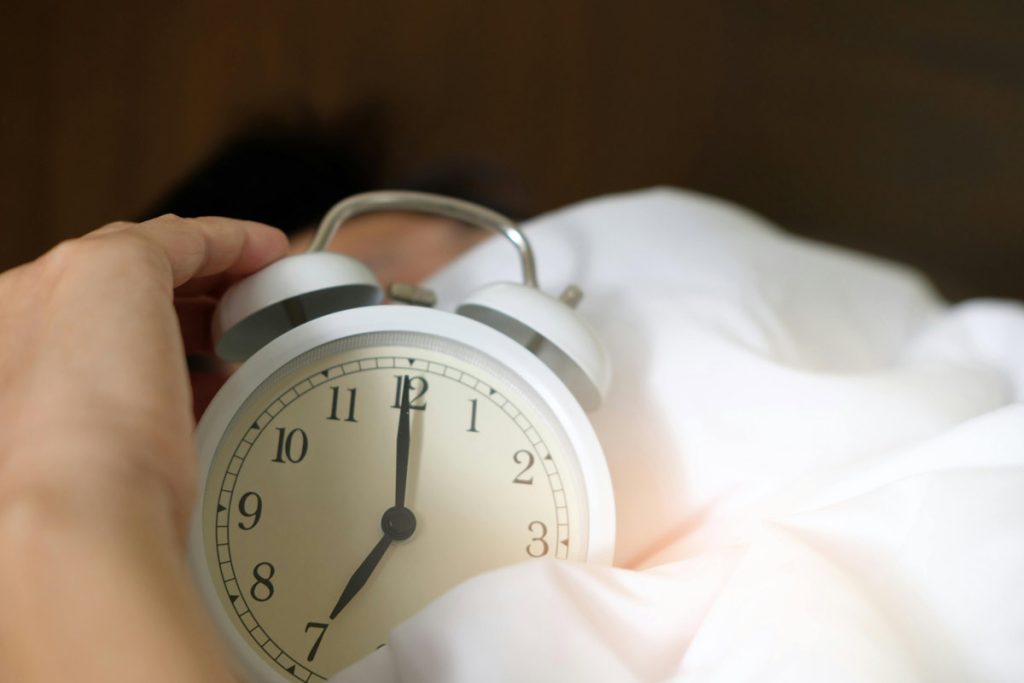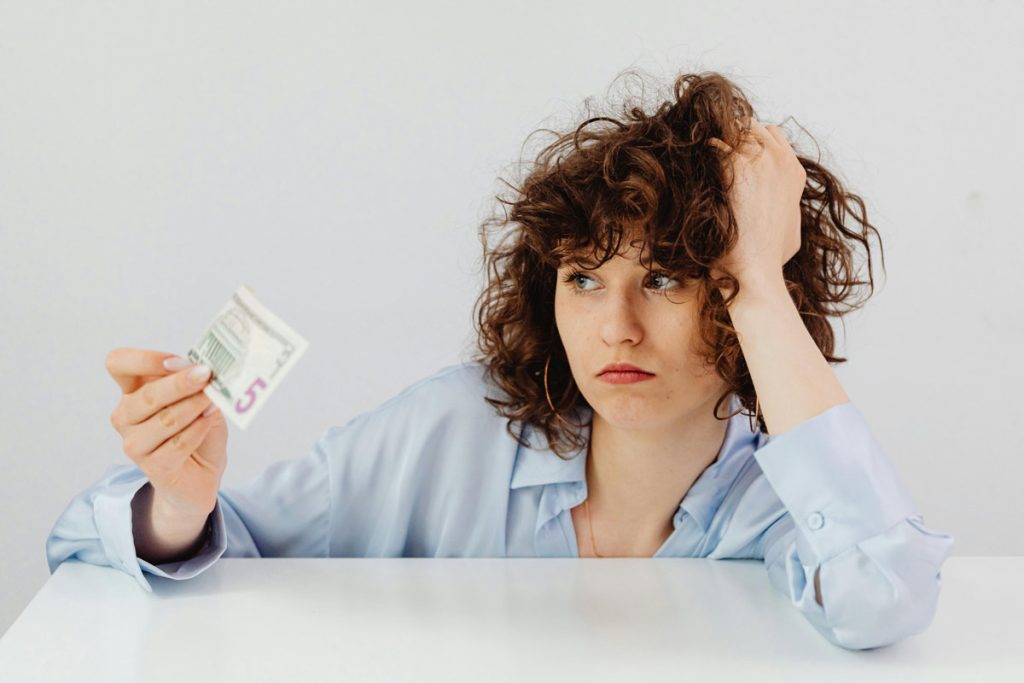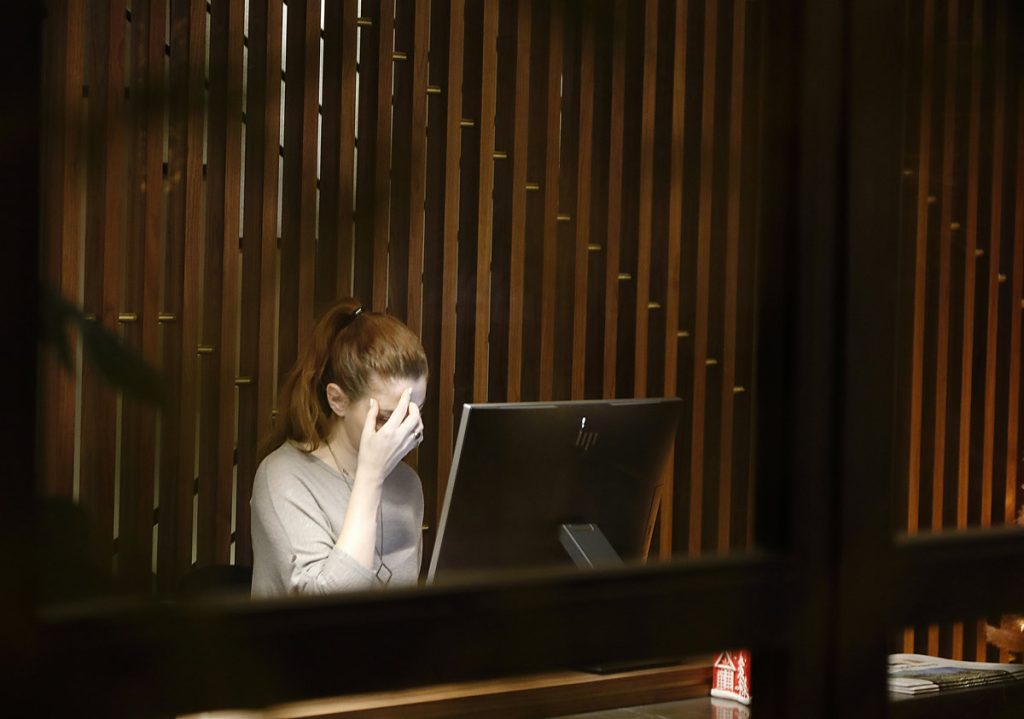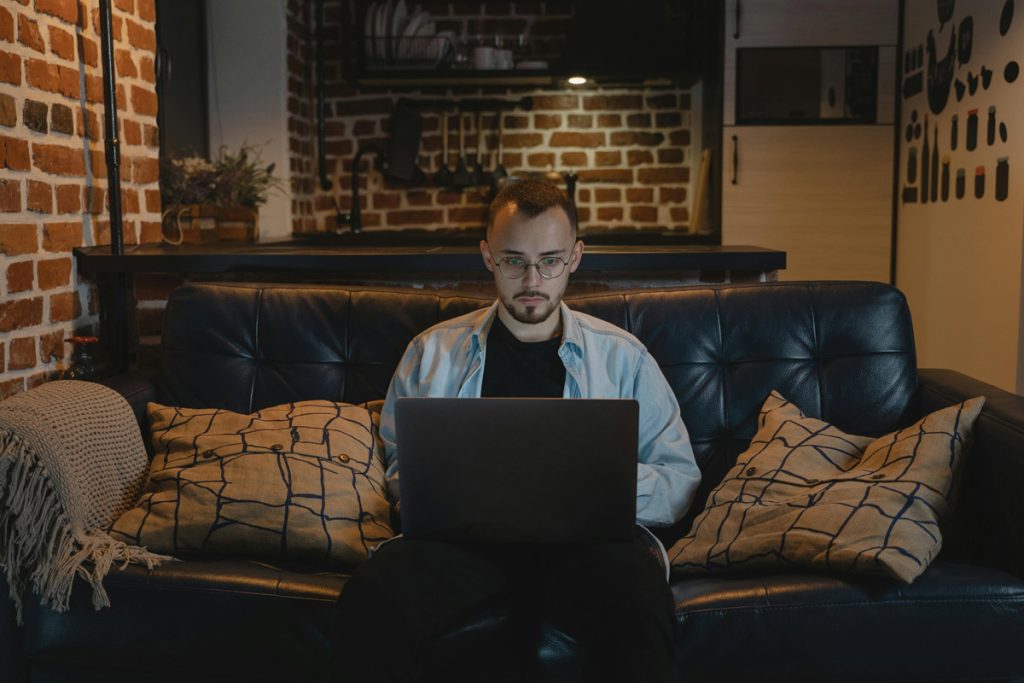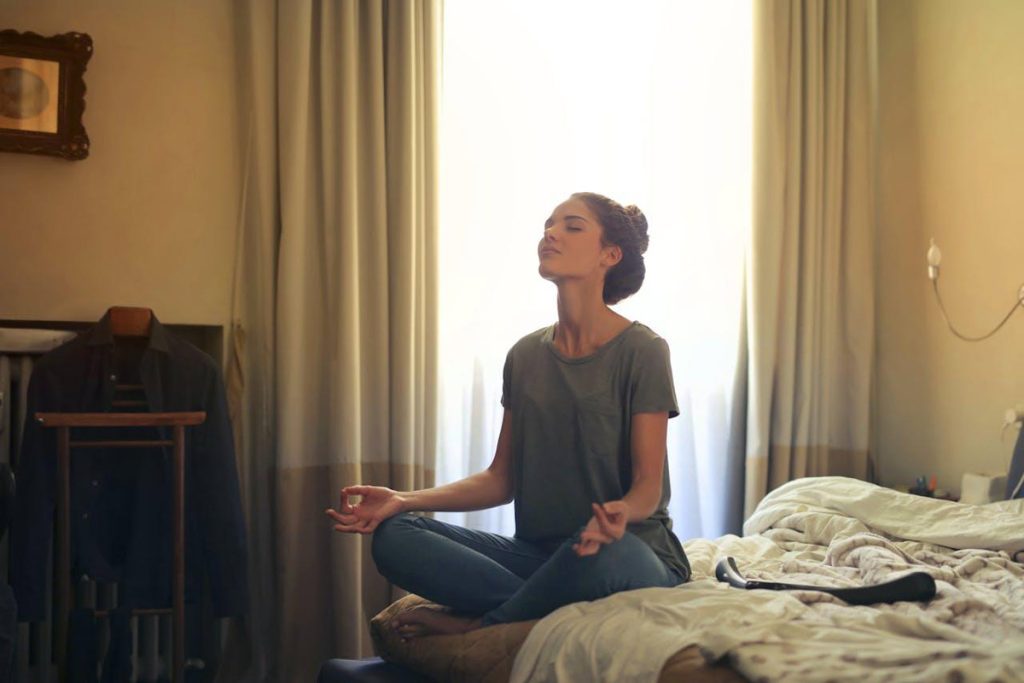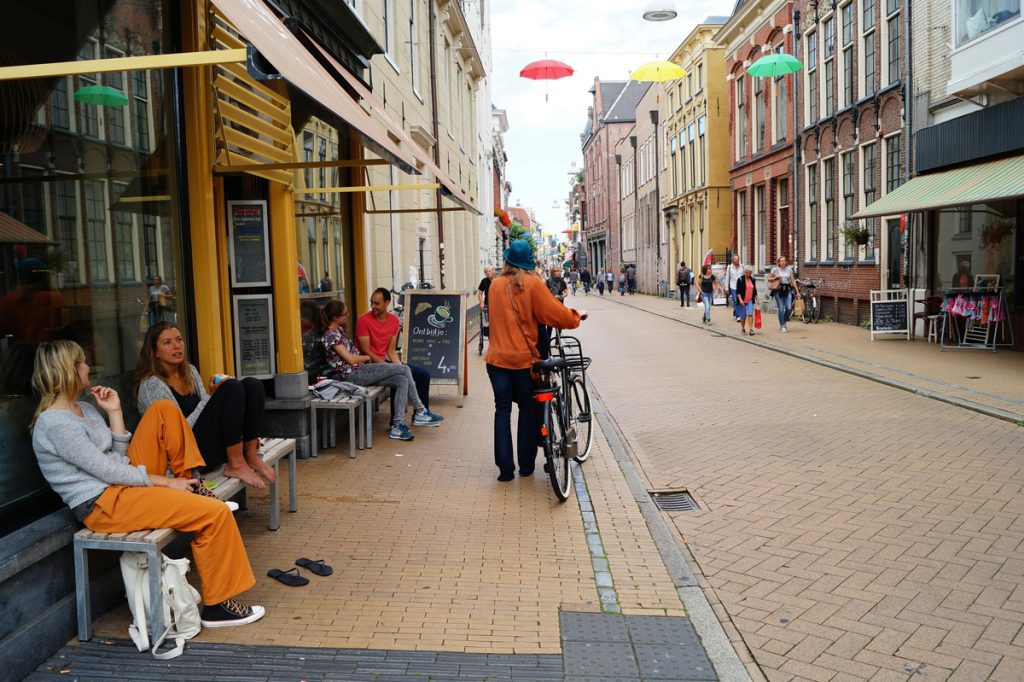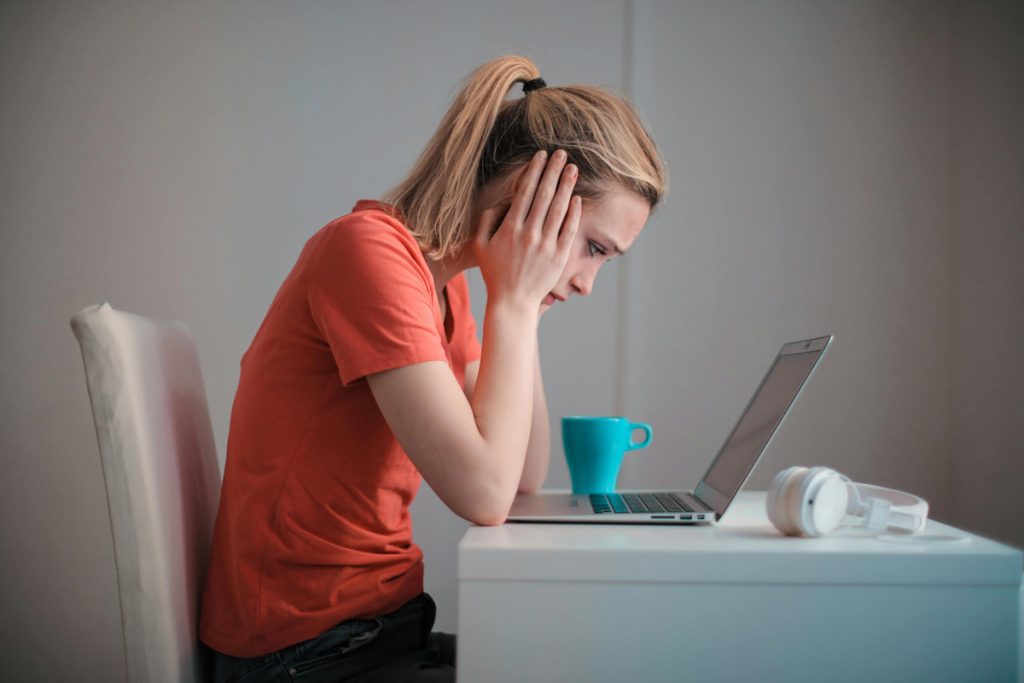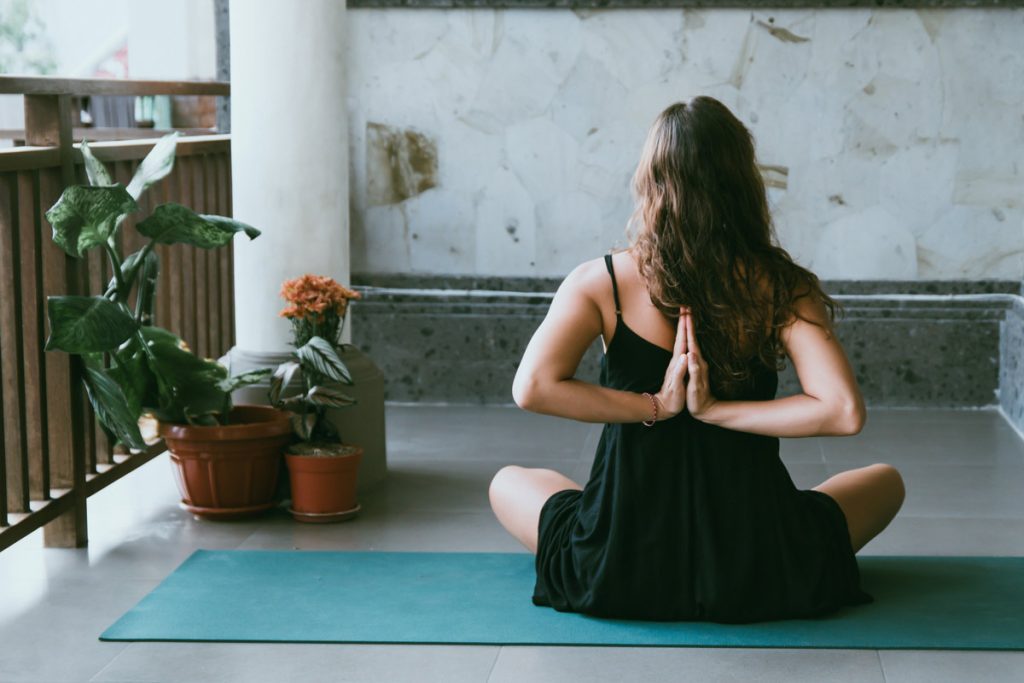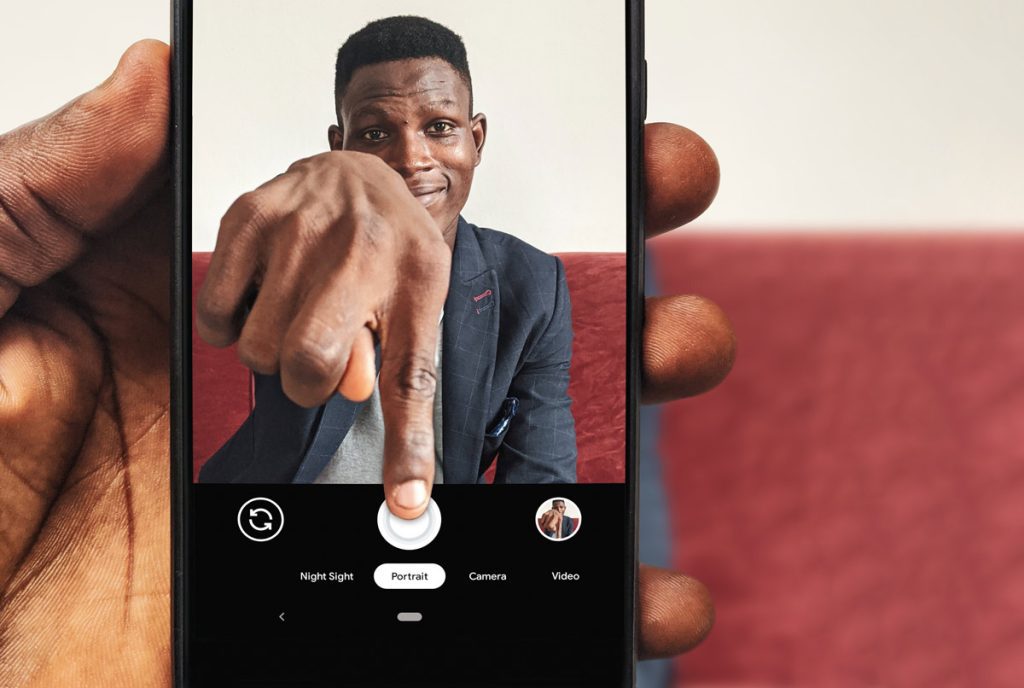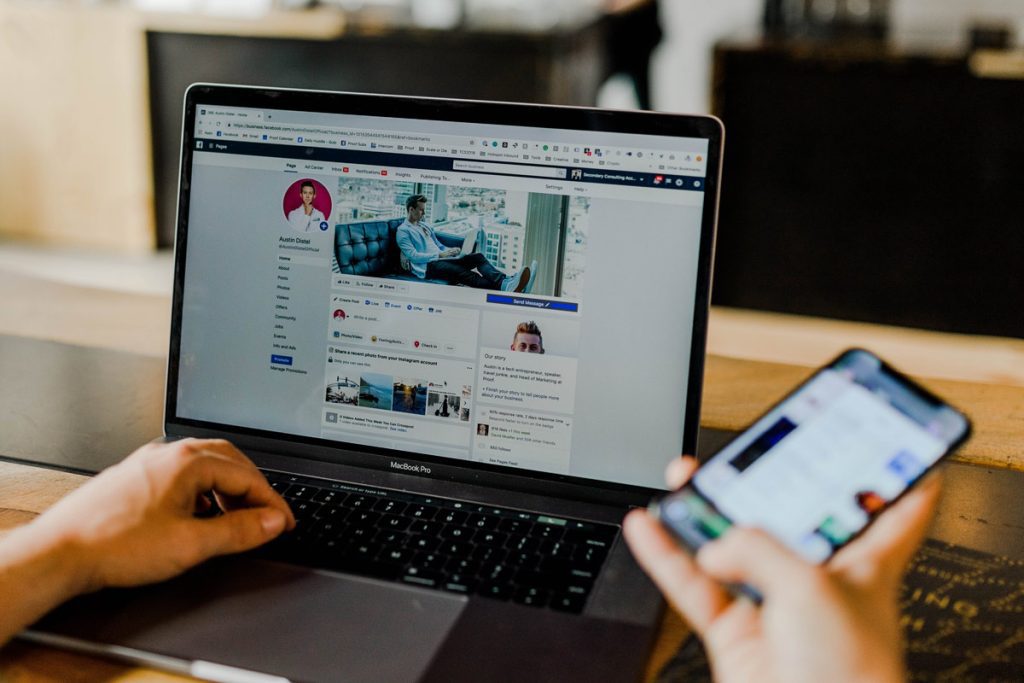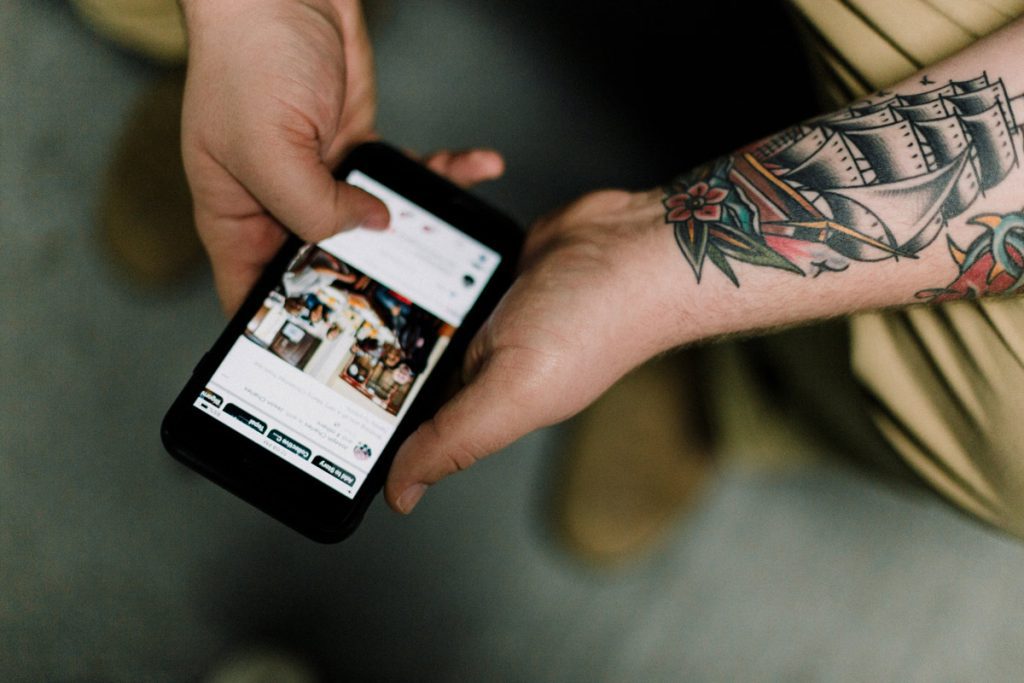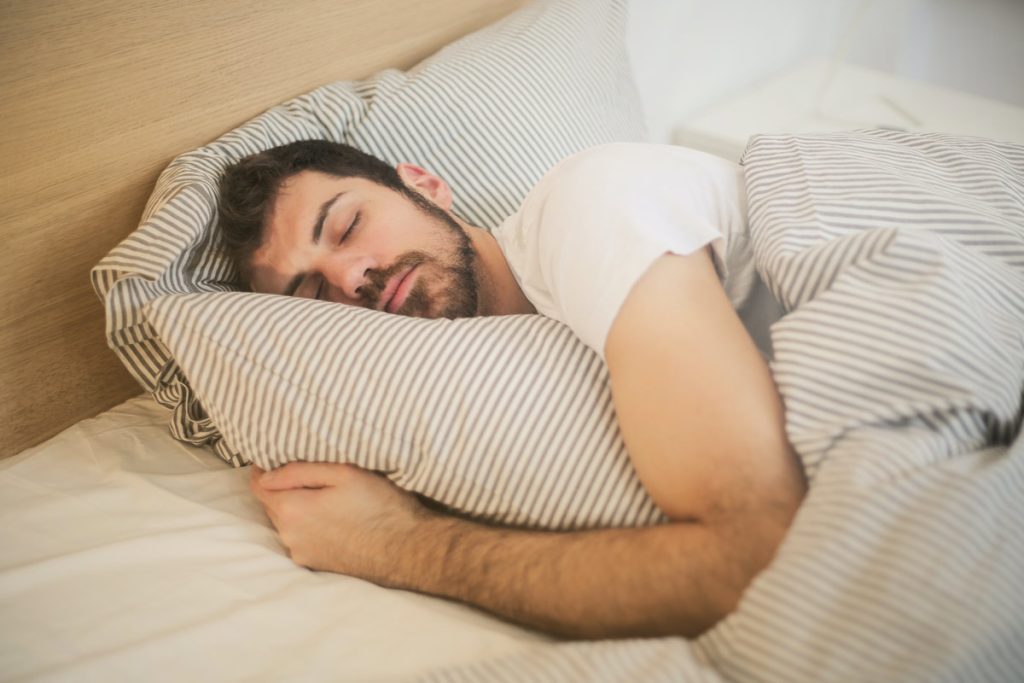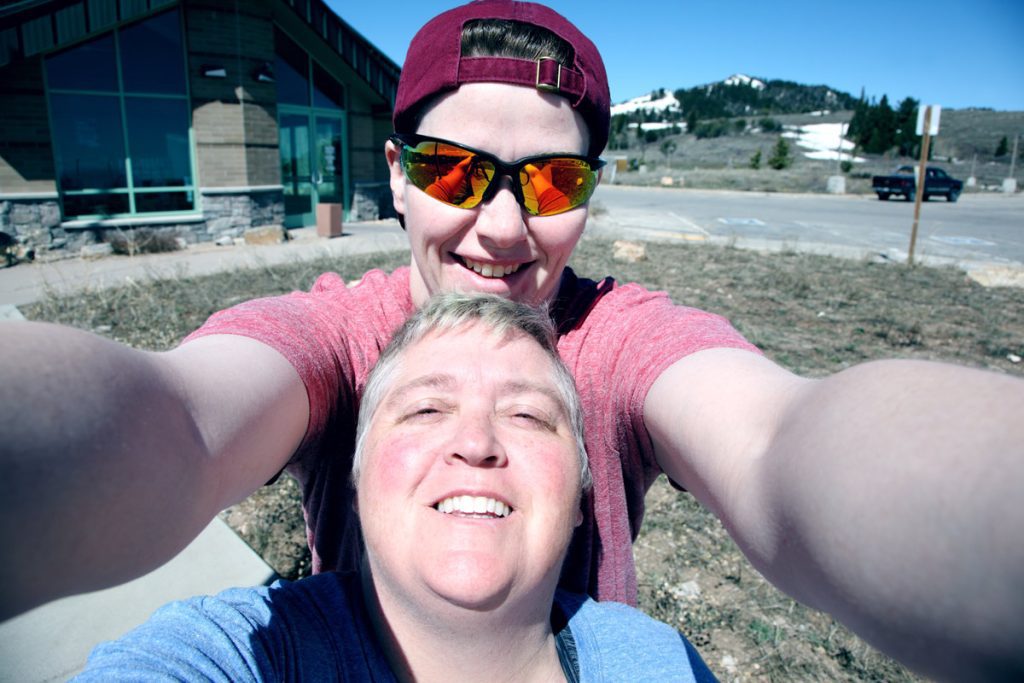When we think of trauma recovery, yoga might not be the first solution that comes to mind. Yet, for many individuals navigating the long road of healing, trauma-aware yoga can be a powerful—and surprisingly gentle—support. I’ve seen this firsthand, both in my own healing and through working with clients. With the right approach, yoga becomes […]
Our Latest Blogs
Mental health is a deeply complex and personal experience shaped by everything from genetics to our daily environment. While therapy, medication, and social support are all powerful tools in building emotional resilience, there’s another factor that often gets overlooked: what we eat. Nourishing the body and brain with the right foods can be a critical […]
Anger is a normal, healthy emotion—when expressed constructively. It helps us recognize injustice, protect boundaries, and advocate for our needs. But when anger becomes intense, chronic, or hurtful, it can erode trust, damage relationships, and take a serious toll on mental and physical health. Unmanaged anger isn’t just about outbursts—it’s often a sign of deeper […]
When struggling with your mental health, pushing yourself to help others might not be at the top of your to-do list. But supporting other people around us can be a form of self-care, improving our happiness, confidence, and self-worth. Here’s how helping others can improve your mental health and some simple ways you can start […]
Your body is constantly working to eliminate toxins, restore balance, and achieve peak health. However, modern diets, stress, and environmental variables often overwhelm natural detoxification systems. Signs of exhaustion, sluggish metabolism, digestive discomfort, and brain fog indicate the need for a reset. A planned health cleanse lets the body repair and operate effectively by eliminating […]
Fear of failure affects almost all of us at some point. Whether dreading a poor grade in school, worrying about falling short in our professional roles, or fearing rejection in personal relationships, this fear can be pervasive and paralyzing. It keeps us from pursuing dreams, makes us second-guess our abilities, and often leads to stress […]
1. Mindful Morning Routine Cultivation The basis of personal growth is building a deliberate morning ritual. This vital habit establishes a disciplined beginning to every day to promote deliberate living, emotional equilibrium, and mental clarity. A well-crafted morning ritual shapes personal development, concentration, and productivity. Start by choosing pursuits that support your emotional, psychological, and […]
“Empathy is an umbrella term that describes at least three ways we connect with other people’s emotions.” That’s how Jamil Zaki, Associate Professor of Psychology at Stanford, defines it. Put simply, there are three parts to empathy: It sounds easy enough, but the impact it can have on your life is massive. Why Is Empathy a […]
Cold plunging is my daily boot camp. No matter the obstacles and setbacks I face, the freezing cold water blasts negative feelings to oblivion while pushing my mind to adapt, endure, and grow stronger with every plunge. Submerging yourself in cold water for just a few minutes a day offers a range of benefits, from […]
Addiction recovery is a journey that requires addressing not just the substance dependency but also the lifestyle choices that can affect physical and mental health. Among the many factors influencing recovery, diet plays a crucial role. While eating habits might seem a secondary concern, the impact of sugar and processed foods on the body and […]
We often avoid conversations about mental health due to fear of judgment. Many of us hesitate to share feelings because we worry about negative perceptions. This silence can increase feelings of loneliness and distress. Thankfully, technology has transformed how we seek help and connect with others, creating exciting new avenues for building supportive networks. Online […]
Do you feel you may have a sleep disorder? You are not alone. Sleep disorders are a common problem worldwide. Many people struggle to fall asleep early despite trying. Professional help is often sought. But sometimes, simple changes in your lifestyle can bring the same or even better results. Based on my personal experience, I […]
Establishing personal boundaries can be hard. It requires knowing what you want, what is unacceptable behavior, and the courage to stand up for yourself. After all the effort to set firm boundaries, you probably want to dust your hands off and relax, letting the boundary do its intended work. Hopefully, everyone will respect your boundaries, […]
Mental health and stress are two of the most significant factors influencing well-being in today’s fast-paced world. With the constant pressures of work, family, and personal life, it’s no surprise that more people are facing mental health challenges. Understanding the relationship between mental health and stress is crucial for identifying effective coping mechanisms and ensuring […]
The relationship between money worries and mental health is a complex and challenging subject for many of us. If you happen to have a pre-existing mental health condition, you may struggle even more with managing your finances, leading to increased stress and worry. No one is exempt. Financial problems can cause significant psychological distress, even […]
On the surface, people-pleasing can seem like a normal, positive, and utterly harmless trait. What’s so bad about having a “big heart” and wanting to help others and make them happy? However, people-pleasing goes beyond simple acts of kindness and generosity. It involves a strong urge to fulfill other people’s wishes and desires and even […]
In recent years, the conversation around mental health has evolved, with greater emphasis on the importance of authenticity and emotional well-being. While positivity can enhance our well-being by cultivating an optimistic mindset, too much positive thinking can lead to toxic positivity. But what is toxic positivity, and how does it affect people who feel pressured […]
Stressful events like the COVID-19 pandemic, global conflict, divisive politics, inflation, and the threat of recession have strained people’s mental health in recent years. This sentiment is echoed in data collected by the Mental Health Foundation, which found that 37.1% of women and 29.8% of men now live with high levels of anxiety. While you […]
Much is known about the physical benefits of exercise, but its positive impact on mental health is just as powerful, if not more so. In today’s fast-paced world, where stress, anxiety, and depression are on the rise, incorporating regular physical activity into your routine can be a simple yet effective way to enhance your mental […]
The term “triggered” is commonly used these days for comic effect on social media, in everyday conversation among friends, and in work situations. More than just a cool or funny “buzz” word, the term triggered is loaded with meaning. Recognition of the state of being triggered is essential for self-awareness. Equally important is being able […]
Personal boundaries are essential for protecting emotional well-being and mental health. They define the limits between ourselves and others, helping us navigate relationships while maintaining a firm sense of self. Respect for boundaries creates a strong foundation for emotional stability, self-respect, and healthier connections. Without clear boundaries, it’s easy to feel overwhelmed, drained, or resentful. […]
Maintaining mental health has become more crucial in today’s fast-paced world. Among the many strategies to foster mental well-being, building healthy boundaries is an indispensable element. But what exactly are boundaries, and why are they vital for our mental health? This article delves into the concept of boundaries, their importance, and their critical role in […]
City living offers many fantastic opportunities. Urban centers provide greater employment, amenities, and social diversity than smaller towns. Urban living on your own can be exciting, but it can also be quite challenging. One thing to be mindful of during your solo urban experience is your mental health. The stress and pressure of living alone […]
The early years of childhood are some of the most memorable in a person’s life. Still, as children start branching into adulthood, they’ll likely face many challenges as they learn to navigate the physical and emotional feelings they experience. For young adolescent girls, these challenges can be difficult to handlle without the right level of […]
The world of work has undergone a monumental shift in the last few years. From being in the office at least five days a week, an increasing number of employees today work remotely. According to Techreport, 12.7% of full-time US employees were working from home in 2023, 28.2% have adopted a hybrid work model, and […]
Leading a busy life can make it easy to overlook your holistic wellness. You may already have valuable coping strategies, such as seeing a therapist or going to the gym to support physical health. Achieving mental and physical harmony can benefit more than just your health; it can also improve your quality of life. While […]
In our bustling cities, the constant rush of urban life can make us feel like mere cogs in a grand machine without any sense of community. Yet our urban landscapes also offer opportunities to forge strong connections. These connections can significantly enhance our mental wellness. For younger city dwellers especially, these bonds can be essential […]
Stress is a powerful emotion that impacts both our mental and physical well-being. Managing this biological impact is essential for maintaining optimal health. Music has been long recognized for its healing abilities, providing a therapeutic outlet for those suffering from stressful or anxious emotions. It has a unique ability to trigger positive emotions that relieve […]
In this article, we’ll explore the impact of social media on our lives. Overview of the Impact of Social Media on Personal Well-Being In our digital age, social media is essential to our lives, impacting all aspects of how we communicate, connect, and consume information. However, with the rise of social media platforms, there has […]
Let’s be clear. There is nothing normal about the times we live in. It has been back-to-back crises for many, with global pandemics, geopolitical conflicts, and at-home mass violence hitting the news on an almost daily basis. And there’s so much pressure to stay constantly connected—to be aware of everything going on, to always have […]
In our fast-paced world, it’s easy to forget about our most important relationship – the one with ourselves. Self-care isn’t just about treating ourselves better. It’s about caring for our mind, body, and soul. A great way to deepen this self-care is through positive affirmations. These affirming statements can change our mindset, boost self-love, and […]
In today’s fast-paced world, the need for holistic approaches to mental health has never been more critical. A holistic approach to health looks at an individual as a whole person where mind, body, and spirit are connected and influence each other. Imagine your well-being as a puzzle, where each piece represents a different aspect of […]
In today’s fast-paced world, where we measure our happiness with productivity, it is easy to get burned out quickly. While it’s okay to work on goals and achievements, it’s also important to take some time out to care for your well-being. This article will explore 15 ideas to help you take self-care into your own […]
We’ve all been irritable, snappish, annoyed, and rageful. Anger is a universal emotion. However, unlike other emotions, such as joy, sadness, disgust, or love, anger often involves a sense of deep shame. We are told not to be angry, to calm down, or to be rational. Anger is seen as an emotion to avoid, suppress, […]
Gaming has always been a popular pastime, but with the advancement of technology, it’s now one of the most enjoyed activities on the planet. This means that game creators and developers have a platform they can use to promote change, and one way they’re doing this is by creating games that celebrate cultural diversity. These […]
Social media gives us a wonderful opportunity to share our personal stories. Unfortunately, far too often, people only use it to present the highlight reels of their lives. They edit and filter selfies, snap photos of food, and never go deeper than the surface. There’s a time and place for things like that, and there’s […]
Love is a simple concept, yet it contains a universe of feelings. It’s a global language that transcends borders, cultures, and time. It’s the glue that binds us together, the force that drives us, and the gift that enriches our lives. It influences our self-worth, motivates us to become better individuals, and teaches us the […]
In the realm of human relationships, understanding the intricacies of how we express and receive love can be a game-changer. Dr. Gary Chapman’s groundbreaking concept of the Five Love Languages has provided a valuable framework for comprehending these dynamics. In this article, we’ll explore the world of “love languages,” exploring how they can enrich your […]
Self-sabotage is the silent killer of relationships. It can doom our relationships before they even begin by whispering lies about our inadequacy and impossibility of being loved. Relationships are hard. Even the healthiest relationships suffer from trials, arguments, and setbacks. No one is perfect, so it makes sense that a union of two people is […]
When you’re struggling with your mental health, getting yourself up and going to the gym can seem impossible. Whether it’s because you have social anxiety or because you’re just feeling down and unmotivated, it’s understandable that working out is the last thing on your mind. That said, moving your body can do your mind a […]
The holidays have passed, and winter stress is one of the challenges of the season that can make us feel down. With frosty, short days and cloudy weather, it is easy to feel overwhelmed. How you approach these challenges affects how you feel. In this article, we’ll introduce you to winter blues and share some […]
Becoming somewhat of a morning person has been a stunning development in my life. Now, in my forties, early rising is part of a long-term program to sustain positive mental health. In short, I have a purpose and a routine that includes getting an early start on my work. I have coping strategies, but keeping […]
In the business world, employers are always looking for ways to keep their employees motivated and engaged for a more productive work environment. The most popular technique is the small-wins approach, popularized by Teresa Amabile and Steven Kramer in their work on progress theory. I was always aware of this concept, having read about it […]
Every time we open our laptops or phones, we are bombarded with information: the latest crises at home and overseas, falling financial trends, eco-disasters, and the personal lives of hundreds of online friends and strangers. A study done in 2020 found that more than half of U.S. adults get their news through social media. What’s […]
Emotions and feelings are fundamental aspects of what makes us human. The terms are often used together in everyday conversation. However, psychologists note essential differences between these two phenomena. Understanding this distinction can provide critical insight into the workings of the human mind and pathways for personal growth. Emotions: Involuntary Reactions to Significant Events According […]
Have you ever felt lost, hopeless, and overwhelmed? When you are in a dark and lonely headspace, you can feel desperate, and the scariest part is not knowing if it will get better. Hope, coupled with dedication, can light the path to a healthier mental state. Mental health recovery involves a process of healing, adaptation, […]
It’s sad to see friends in their golden years sink into depression or lose their sharpness of mind. However, if you’re in that spot and getting up there in age, it’s important to know that not everyone ages the same, and you can retain clarity and happiness well into your later years. It’s never too […]
Based on the concept of the Love Languages by Gary Chapman, I developed a series of 15 Learning Languages or Learning Styles I present here to help people understand how we learn throughout our lifetimes. Learning Languages 13-15 are our ways of Learning from Power and Authority. Learning from Power and Authority means learning from […]
Based on the concept of the Love Languages by Gary Chapman, I developed a series of 15 Learning Languages or Learning Styles I present here to help people understand how we learn throughout our lifetimes. Learning Languages 9-12 are our ways of Learning from Experience. Learning from Experience means gaining knowledge and wisdom from the […]
Based on the concept of the Love Languages by Gary Chapman, I developed a series of 15 Learning Languages or Learning Styles I present here to help people understand how we learn throughout our lifetimes. Learning Languages 4-8 are about Learning through Teaching Pathways. Teaching Pathways include being self-taught and having others instruct you. Anyone […]
Based on the concept of the Love Languages by Gary Chapman, I developed a series of 15 Learning Languages or Learning Styles I present here to help people understand how we learn throughout our lifetimes. “You never learn” and “Why can’t you learn?” are comments frequently made by people frustrated with loved ones who repeat […]
In today’s fast-paced world, healthy habits often take a backseat to the demands of work and social life. However, cultivating healthy habits is essential for long-term wellness and a fulfilling life. The good news is that even small changes can make a big difference in how you feel in mind and body. From drinking plenty […]
In the pursuit of better mental health, various factors come into play. One often overlooked aspect is nutrition. The food we consume can significantly impact our mental well-being, influencing mood, cognition, and overall mental health. This article will explore the vital connection between nutrition and mental health, shedding light on how a well-balanced diet can […]
In our fast-paced and interconnected world, Emotional Intelligence (EI) and Intellectual Health (IH) have emerged as crucial elements for personal and professional growth. Emotional Intelligence refers to understanding and managing emotions effectively, while Intellectual Health encompasses critical thinking, open-mindedness, and intellectual humility. Striking a delicate balance between rationality and empathy is essential for fostering healthier […]
As technology continues to develop at a rapid pace, it’s virtually impossible to avoid screens and digital devices. From work to leisure time, it has become all too easy to spend hours on end looking at a screen without considering the impact on your health. By being more aware of your devices’ impacts, you can […]
Social media has helped us connect and communicate with thousands of people around the world. However, as our connections grow in number, an emptiness within our hearts emerges. Many people around the globe are experiencing a feeling of loneliness, depression, and stress despite having thousands of friends online. A recent study found that reducing social […]
Are you feeling overwhelmed and stressed? It’s natural to feel anxious when life throws a curveball at you. It doesn’t have to last forever—there are things you can do to help yourself become more resilient, manage your stress response, and find ways to thrive in the face of adversity. This post will help you build […]
Embracing creativity and innovation in your life is more than just a fun pursuit. It also has positive effects on your health. Developing your creativity can decrease your heart rate, lower stress, and enhance your emotional state. Relaxing activities such as crafting and gardening create a calm and peaceful state, which allows the brain to […]
Hobbies are much more than an entertaining way to spend your time. Several studies have shown that people who actively engage in hobbies are less likely to experience stress, low mood, and depression. One 2021 study by Simon Fraser University researchers found that keeping active through varied activities can even reduce the risk of developing dementia. Just about […]
Flexing the muscles in your brain is just as important as working out the muscles in the rest of your body. Just as doctors tell you to exercise regularly to keep your body healthy, exercising your brain helps keep it in the best shape possible. Keeping your brain active and your mind sharp can improve […]
MBTI, which stands for Myers Briggs Type Indicator, is a personality assessment tool that explains our individual psychological preferences. If you’ve ever wondered what makes you unique in your perceptions and relationships, this tool can help you understand. The core concept of MBTI personality types revolves around the idea that we all have distinct preferences […]
Social media has many wonderful uses. It is a place to share meaningful experiences—a place to make connections with like-minded people and feel that you are a part of something bigger. Despite its usefulness as an amazing tool for human connection, social media has some drawbacks. If not used appropriately, it can negatively impact your […]
If work has left you feeling exhausted, on edge, or disinterested, you may be suffering burnout. Long hours, heightened responsibilities, and a lack of balance between work and home life have become the norm for many Americans following the COVID-19 pandemic, leaving workers feeling drained, pessimistic, and burnt out. What is burnout? Burnout is an […]
We all know how important sleep is for our health and well-being, but have you ever wondered why we need it and how our bodies regulate it? The answer lies in our circadian rhythm – our body’s natural 24-hour cycle that regulates our sleep-wake cycle, hormones, and metabolism. Our circadian rhythm is controlled by an […]
Stress is a common concern in today’s fast-paced world, affecting people of all ages and backgrounds. It’s no secret that chronic stress can negatively affect your mental and physical health, causing issues such as sleep disturbances, anxiety, and even a decrease in heart rate variability (HRV), an essential indicator of your autonomic nervous system’s balance. […]
Self-care is more than just soaking in a bubble bath and applying expensive facial masks. It’s an essential part of our overall health and well-being and something we should all prioritize. Whether you’re dealing with chronic stress, struggling to get enough restful sleep, or simply looking for ways to boost your mood and energy, incorporating […]
Life is unpredictable. One moment you may be on top of the world, and the next, everything can come crashing down. What sets successful people apart is not how they handle Plan A but how they cope with Plan B. In this blog post, we will explore why it’s essential to have a backup plan […]
Self-compassion, the tendency to be kind and understanding to yourself when confronted with personal failures and challenges, is a strong predictor of positive mental health (Muris, 2015; Hwang, 2016). Studies indicate that high levels of self-compassion are linked to better life satisfaction and happiness and decreased self-criticism, depression, and anxiety (Neff, 2009). Self-compassion not only […]
This article by clinical psychologist Dr. Adeel Sarwar discusses the benefits of mindfulness techniques in managing ADHD symptoms. Do you often find it hard to stay focused, concentrate on tasks, and manage your emotions effectively due to your ADHD symptoms? If so, you are not alone. However, there is a solution – mindfulness techniques. Incorporating […]
From waking up in the middle of the night to finding it difficult to nod off, failing to get a good night’s sleep can leave you feeling awful the next day. In this article, we’ll explore eight simple hacks to boost your sleep quality—for good. So keep reading if you want to discover the key […]












